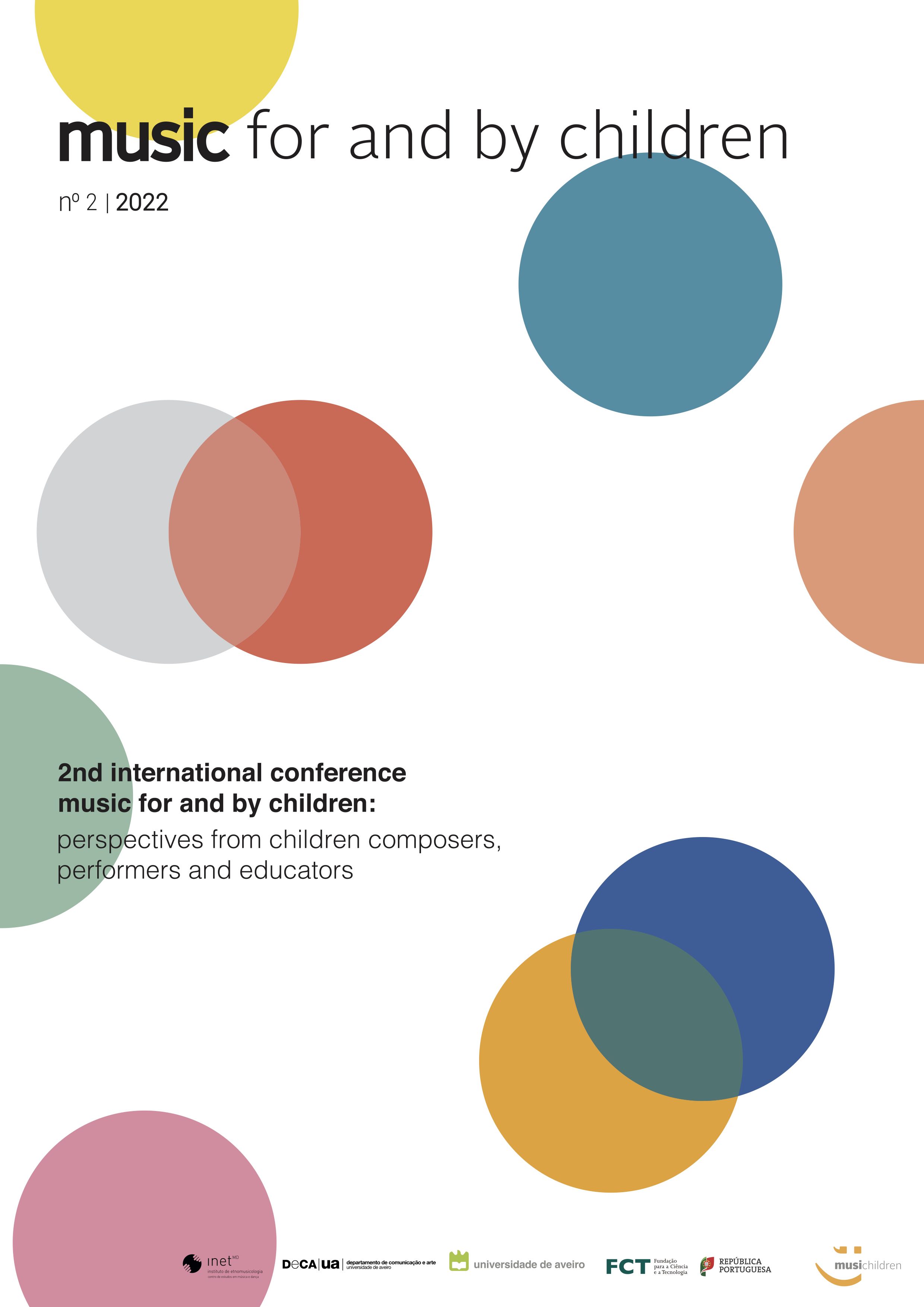Piano.Gems:
rote repertoire for children
Abstract
This lecture-recital presents the commented repertoire of the books Piano.Gems 1 and 2 by professors Carla Reis and Liliana Botelho. These books are outcomes of a university extension project aimed at the initial and continuous training of piano teachers that has been developed since 2015 at the Federal University of São João del-Rei, Brazil. Book 1 presents 18 "pattern pieces" composed for beginning students (children or adults). The proposal is a book of rote-teaching repertoire accompanied by videos and pedagogical instructions. In our composition process, we intended to create a musical kaleidoscope, both by the variety of technical-musical skills addressed, and by the diversity of character and sound atmosphere of each piece. The pieces (solos and duos) are organized in increasing levels of difficulty, from the first experiences on the keyboard to the initial intermediate level of piano practice. We also highlight the use of Brazilian musical genres like baião, xote, marchinha de forró, and samba, which are not usually contemplated in this type of didactic publication. The second book presents pieces that represent twelve animals from land, water, and air. It is composed for children from 4 to 6 years old, a sort of musical stories to be played on the piano. The main underlying idea is that the child has to learn the piece "by imitation" and then link it with unconventional scores. The project's experience on digital platforms (YouTube, Facebook and Instagram) has shown that this approach to teaching repertoire - which is based on the concept of music as aural art - is still little known and, at times, stigmatized in the Brazilian context. Due to the fact that this approach forgoes music reading, it is considered by some piano teachers as condescending and, therefore, harmful to the musical development of students. However, we believe that such criticisms are unfounded, since the approach to rote teaching allows us to focus on other important aspects of learning the instrument, such as basic technical-musical skills, musical understanding and performance fluency.
Copyright (c) 2023 Music for and by children

This work is licensed under a Creative Commons Attribution 4.0 International License.





